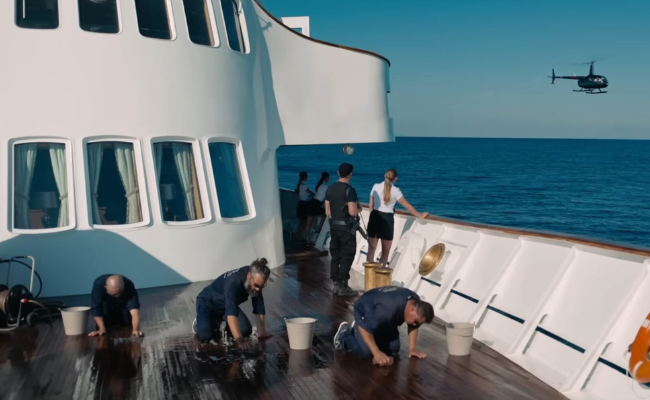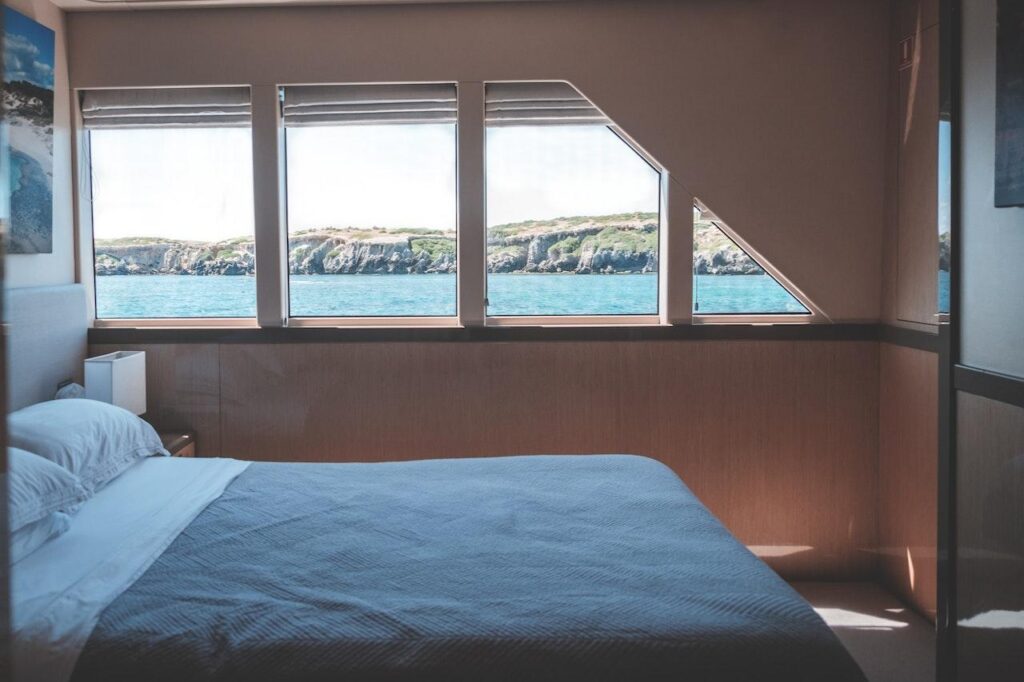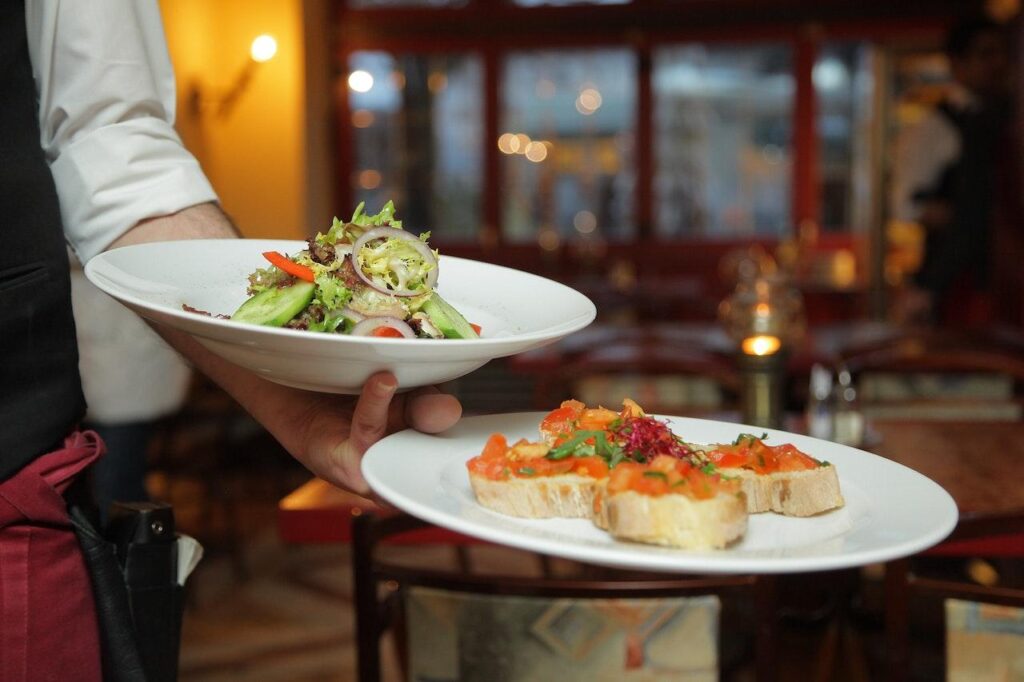Reality check: 4 truths to consider before boarding a cruise

4 cruise realities travel advertisements hide from you | Screencap from “Triangle of Sadness” official trailer
Sun-drenched decks, calming sea breeze, gourmet dining, exotic port calls, and boundless enjoyment—cruise vacations often paint a picture of utopian bliss. After all, cruise lines are adept at weaving narratives that would draw you into a world where your every desire is catered to.
While they don’t necessarily lie to you about these enticing aspects, there’s a trove of nuanced (a.k.a. not-so-pretty) realities that tend to stay hidden in the shadow of a picturesque facade.
As with any grand adventure, cruise trips have their own share of negatives that any potential traveler should be aware of. These commonly overlooked truths can turn into vacation nightmares if left unaddressed. So, let us cast off the rose-tinted glasses for a while and dive into the uncharted waters of this maritime experience.
(Disclaimer: This isn’t meant to discourage you from boarding a cruise, but rather to shed light on the lesser-known facets that can help fine-tune your expectations.)
Cruise ships are floating (congested) cities
Remember those images of peaceful and uncrowded decks? Well, here’s a reality check: Cruise ships—particularly the mass-market (or “mainstream”) ones—carry passengers from all walks of life. So, you might want to expect big crowds, especially during peak season.
Prepare for long queues at the buffet, busy lounges, and a competitive race for deck chairs. To put it bluntly, the serene getaway you envisioned could occasionally feel more like a bustling metropolis at rush hour.
Additionally, cruise ships—just like many cities on land—have an inevitable impact on the environment. According to environment organization Friends of the Earth, the “exorbitant amount of waste” these ships generate per trip poses a challenge to the delicate marine ecosystems.
View this post on Instagram
If you’re one to live sustainably, it’s best to do your research and see if your prospective cruise lines (at least) have wastewater treatment systems and pollution-reduction technologies in place.
Cabins can be a bit too… cozy
Cabins in cruise ships are ingeniously designed to make the most of limited spaces. Standard ones can be less spacious than expected—especially for those accustomed to roomier accommodations.
Unforeseen circumstances (e.g. health protocols, security issues, inclement weather, and maritime regulations) that would confine you to your cabin for extended periods may trigger cabin fever or even claustrophobia.

Cabins in cruise ships are ingeniously designed to make the most of limited spaces | Photo from Lachlan Ross/Pexels
To be fair, many cruise lines now offer a variety of cabin options; some with larger square footage, windows, and private balconies. While cozy can be charming, it might be worth splurging on a slightly larger accommodation if mobility and personal space are your non-negotiables.
Anticipate a sea of hidden charges
Cruise package prices might seem like a steal at face value, but oftentimes, they merely cover the basics. From gratuities (and service fees) to specialty dining and other activities, there can be a huge wave of additional costs onboard that can transform your stress-free adventure into a financial whirlpool.

It is vital to read the fine print and calculate potential extras before you embark | Photo from Pixabay/Pexels
Although cruise lines are becoming more transparent about these charges, it is still vital to read the fine print and calculate potential extras before you embark. Consider setting aside a buffer in your budget to account for these unexpected expenses. Careful planning can keep your post-cruise financial statement in check.
Cruises aren’t immune to crime
Given the controlled environment, it’s easy to fall into a sense of safety and security onboard. But the thing is, cruise ships aren’t entirely impenetrable. While the Cruise Lines International Association confirmed that crime rates at sea are “exceedingly lower” than those on land, incidents can still occur.
You may also like: Best cities in Europe to travel to and why
Cases are relatively rare, but they can range from theft and minor clashes with fellow passengers or crew members to more serious offenses—such as assault and even murder. (Yes, they don’t only exist in movies.)
View this post on Instagram
Cruise lines do have measures in place to mitigate safety risks, though: surveillance cameras, security personnel, and even police officers on some ships. Nevertheless, it’s best to maintain the same level of awareness and caution as you would in any foreign location. Familiarize yourself with your chosen cruise line’s safety record and read reviews from previous travelers.
Bottom line: The key to a seamless cruise experience lies in approaching it with a balanced perspective. Embracing the excitement of exploration while remaining mindful of the impact it may have on both the environment and local communities can help ensure a responsible journey.

